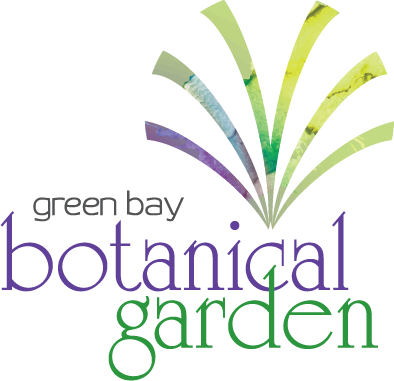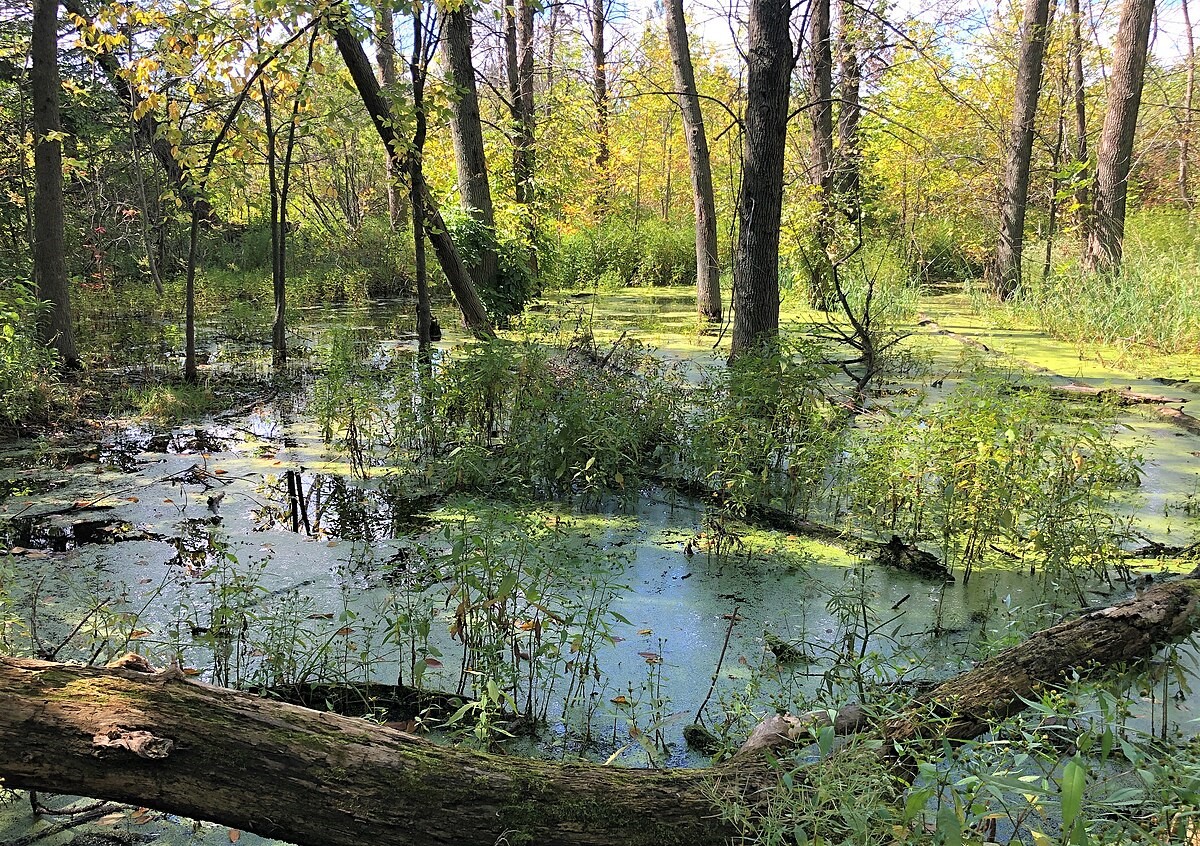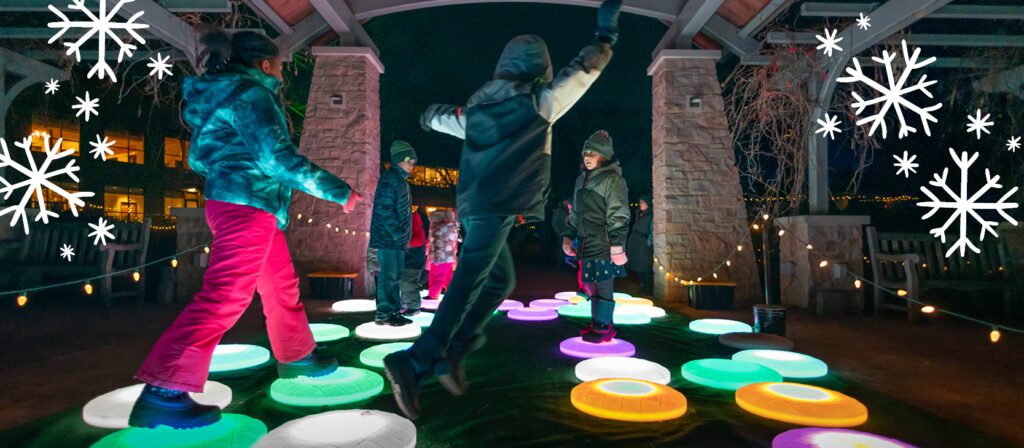Wisconsin has a wealth of wetlands, and we’re better for it! Wetlands play an important role in our local landscapes and biodiversity. They prevent flooding by capturing excess water, purify water by filtering out pollutants, and serve as nurseries for many of our young fish and wildlife.2
Wetland is a general term for a whole cast of characters, so what are the major types of wetlands and how do they differ?
Marsh
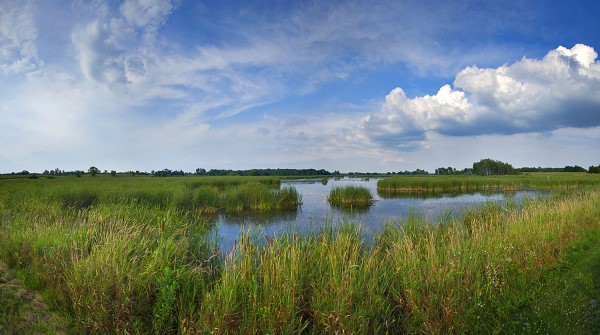
With cattails and red-winged blackbirds, the marsh is the quintessential Wisconsin wetland. Some marshes have standing water seasonally. This is caused by melting snow and rain in the spring. Other marshes hold water year-round, and can range in depth from six inches to six feet!3
Sedge Meadows
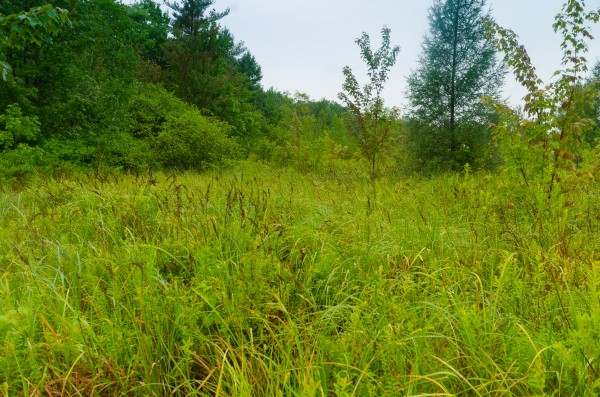
True to their name, sedge meadows are characterized by the sedges that they support. So, what’s the difference between sedges and grasses anyway? They do look pretty similar, but unlike grasses, the stems of sedges aren’t rounded off and have hard edges.1 Sedge meadows are only wet seasonally and are often found between larger bodies of water. Lately, sedge meadows have become scarce due to draining caused by the agricultural industry.3
Forested Wetlands
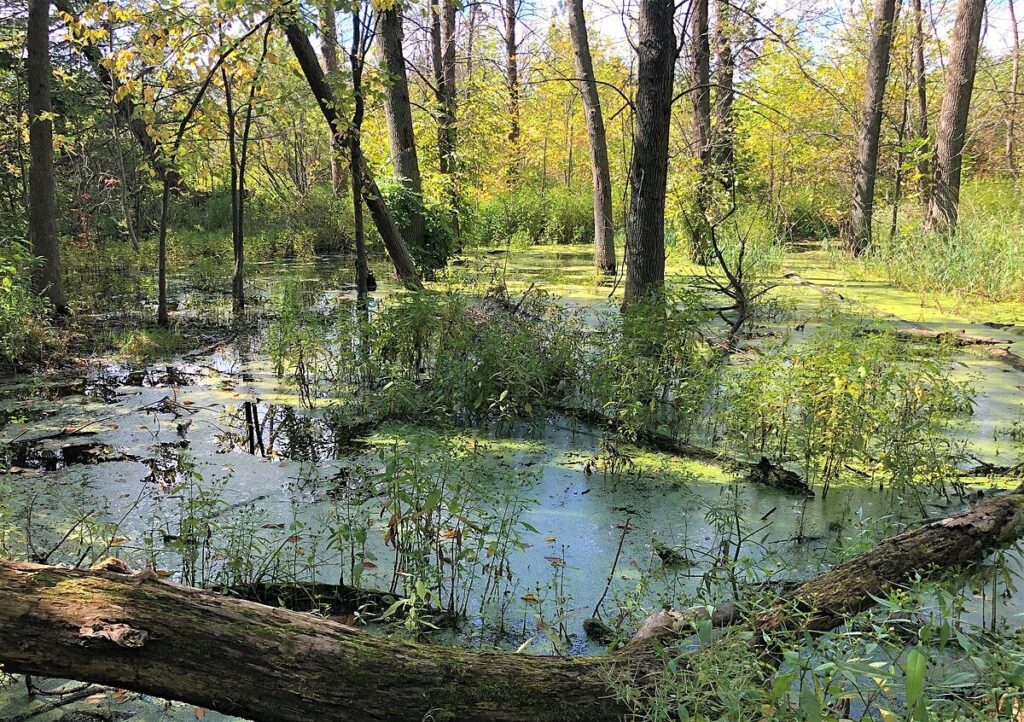
Forested wetlands are swamps that support many fully-grown trees. Most forested wetlands are fed by larger bodies of water, but may dry up seasonally. Still, if you look closely, you’ll be able to see water stains high up on the trunks of trees from wetter seasons. A lot of really cool critters call forested wetlands home, like the spotted salamander and the wood duck.3
Shrub Thickets
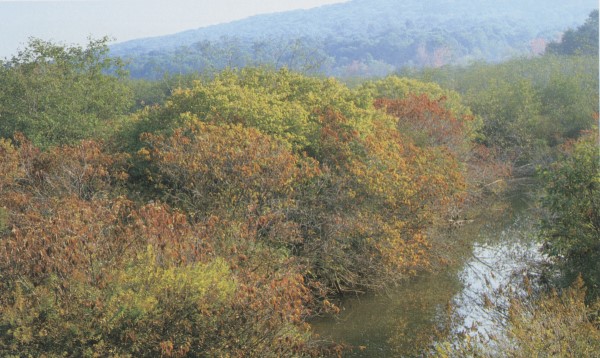
If you’re catching on to the naming conventions, you may have already guessed that the major characteristic of shrub thickets are the shrubs! Shrub thickets have water saturated soil with many shrubs and very small trees. These trees remain so small due to external factors like flooding, logging, or wildfire; otherwise, we’d have a forest! In a shrub thicket, you might spot a beaver or an American woodcock going about their day.3
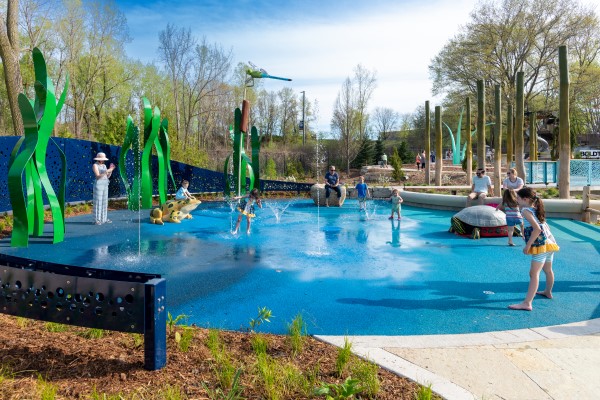
So that’s it, the four major types of Wisconsin wetlands! Just because they’re the most common doesn’t mean they’re the coolest swamps around. Stay tuned for a special edition blog all about bogs and fens. I may be biased, but I think they’re neat enough to deserve a whole post to themselves.
In the meantime, learn more about Wisconsin wetlands by visiting the brand-new Carol & Bruce Bell Children’s Garden. At the Fischer Family Lily Pad Splash Play area and the Parrish Family Rain Drop Garden, you’ll get to say hello to some of our local marsh dwelling friends, learn more about this type of habitat, and why water is so important to our ecosystem.
Sources
- “Grasses, Sedges, and Rushes.” Biodiversity of the Central Coast, Centralcoastbiodiversity.org/grasses-sedges-and-rushes.html#sedges. Accessed 6 June 2023.
- “Wetland Functional Values.” Wisconsin DNR, dnr.wisconsin.gov/topic/wetlands/function.html. Accessed 6 June 2023.
- “Wetland Types.” Wisconsin Wetlands Association, www.wisconsinwetlands.org/learn/about-wetlands/wetland-types/. Accessed 6 June 2023.
